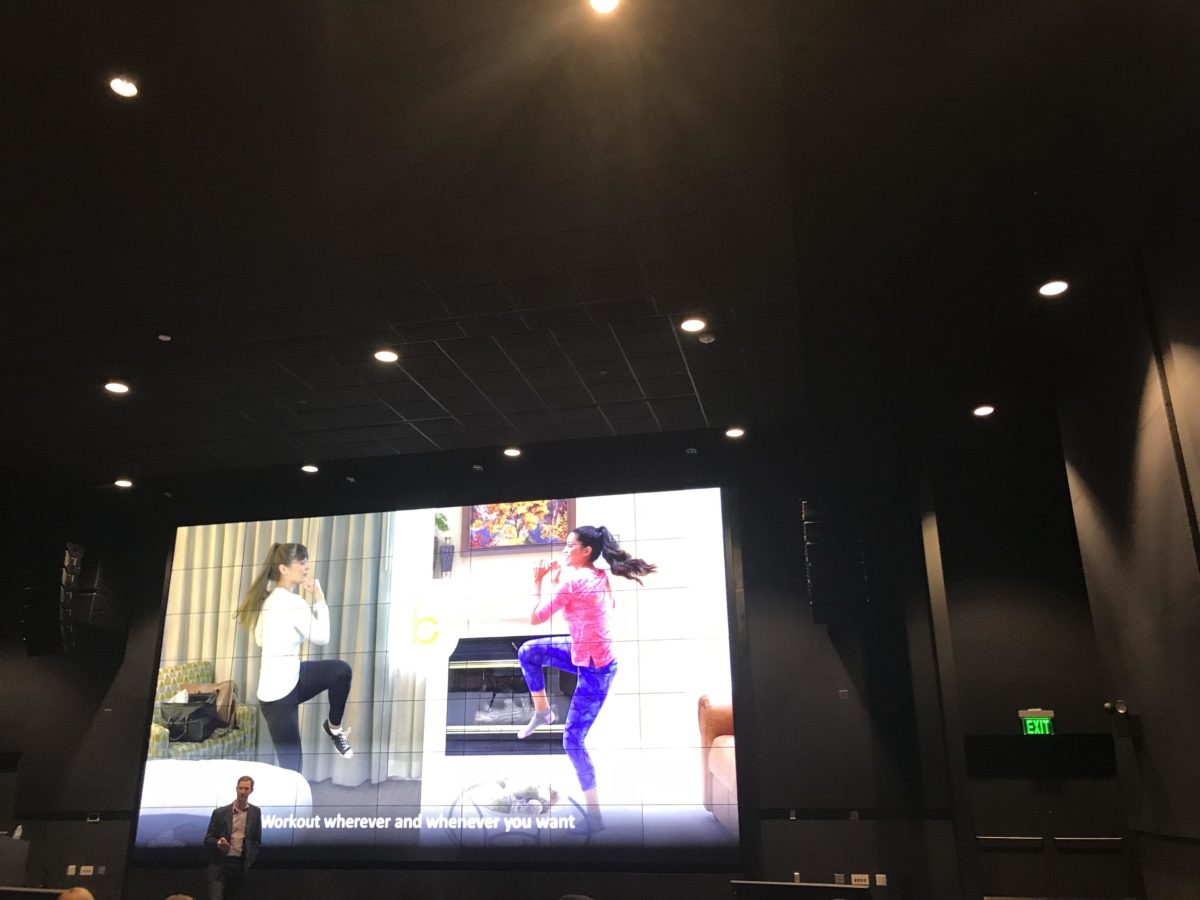Fitness startup BurnAlong raised $1 million in funding to expand its streaming platform to more states and countries, according to co-CEO Daniel Freedman.
Among participating investors in the oversubscribed round were Brown Advisory, Baltimore Angels, Machem Capital and Johns Hopkins University. The company recently received $25,000 as part of the M-1 Ventures accelerator cohort at JHU.
The Owings Mills–based startup’s platform offers streaming fitness classes in a variety of disciplines. The classes are offered through partnerships with fitness instructors and gyms. Freedman said it also presents the option of seeing a recognizable instructor. More familiar faces can be added through a multi-person feature allowing a workout with friends. Accountability, Freedman said, is key to summoning that motivation to exercise.
“You’re more likely to stick to something when at home you’re seeing the people you know and trust,” Freedman said.
Some hiring is expected with the raise, (here’s an opening on the Technical.ly jobs board). Freedman said a lot of attention is on scaling. BurnAlong is currently available in 35 states, and Freedman said the company is looking to grow that number and take it international, as well.
The startup has been adding technology such as integrations with wearable technology, and another step is adding more machine learning to better tailor workouts schedules to people’s habits.
Another key for the company is offers the range of choices it offers as far as what kinds of classes to take. BurnAlong is looking to add more in the area of health. The idea is to integrate health needs into a workout plan, whether it’s limitations from aging or injury recovery. One early move is into physical therapy.
“Broadly whether it’s surgery, an operation, a traumatic event where physical and mental wellness comes into play, BurnAlong can serve an important role by keeping you connected to those who are supporting and motivating you,” he said.
Rather than all fitness classes moving online, Freedman said the company sees the online and IRL versions remaining complementary, and that will stay true with a move further into health, as well.
“We believe that the in-person is going to grow and role of the online is to support that much like it is in music, sports or other spaces,” he said.
BurnAlong raises $1M to let more people work out online with familiar faces







